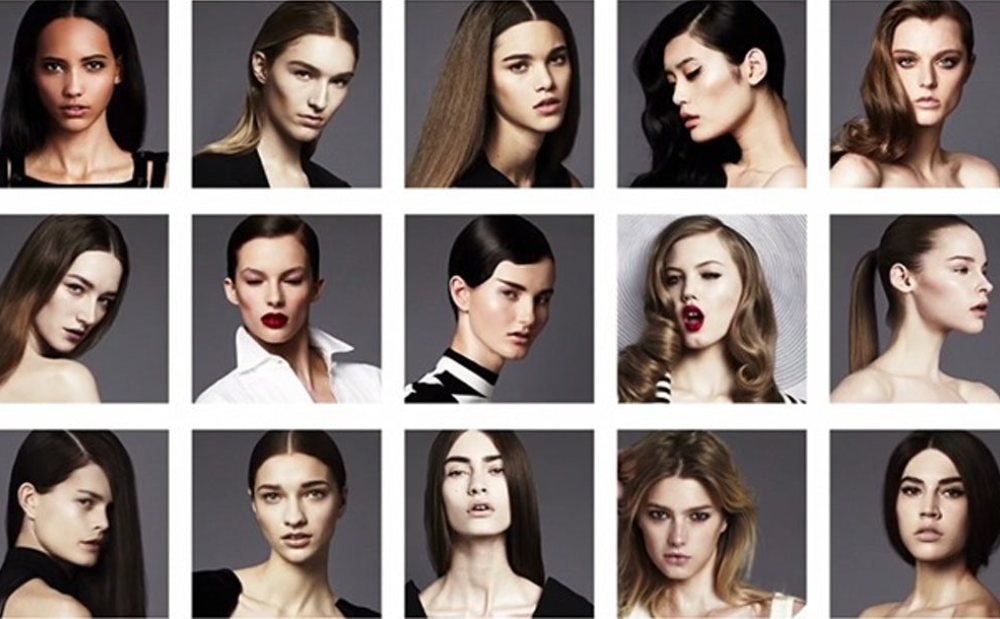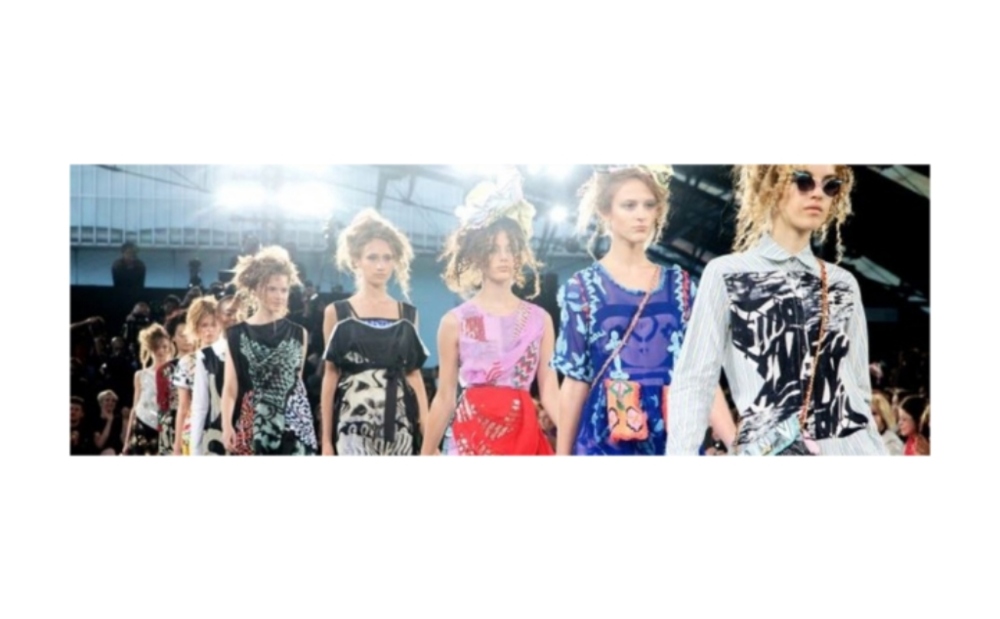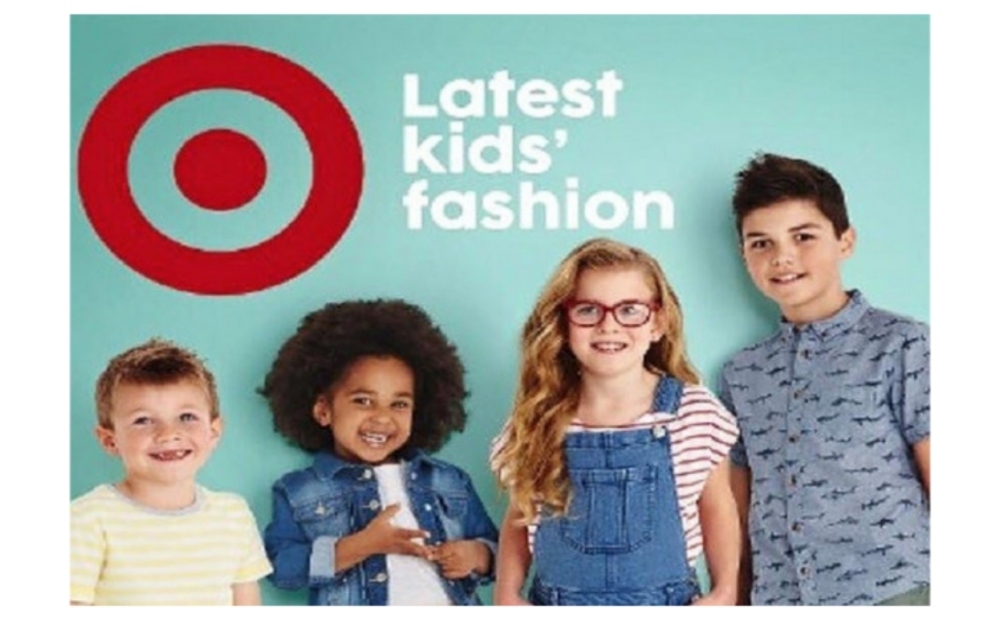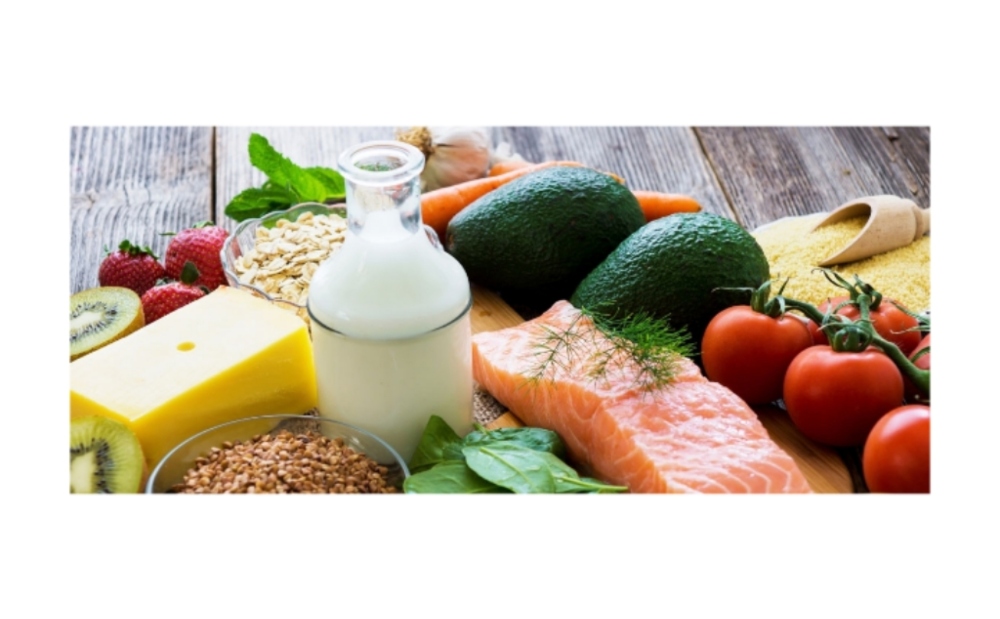Foods That Help You Build Lean Muscle
Both nutrition and physical activity are critical if you want to gain lean muscle.
To get started, it’s essential to challenge your body through physical activity. However, without proper nutritional support, your progress will stall.
High protein foods are very important for gaining muscle, but carbohydrates and fats are also necessary sources of energy.
If your goal is to gain lean muscle, you should focus on exercising regularly and eating more calories each day from muscle-building foods.
Here are 26 of the top foods for gaining lean muscle.
- Eggs
Eggs contain high-quality protein, healthy fats and other important nutrients like B vitamins and choline (
1).
Proteins are made up of amino acids, and eggs contain large amounts of the amino acid leucine, which is particularly important for muscle gain (
1,
2).
Also, B vitamins are critically important for a variety of processes in your body, including energy production
- Salmon
a great choice for muscle building and overall health.
Each 3-ounce (85-gram) serving of salmon contains about 17 grams of protein, almost 2 grams of omega-3 fatty acids and several important B vitamins (
5).
Omega-3 fatty acids play an important role in muscular health and may even increase muscle gain during exercise programs
- Chicken Breast
There’s a good reason why chicken breasts are considered a staple for gaining muscle.
They are packed with protein, with each 3-ounce (85-gram) serving containing about 26 grams of high-quality protein
They also contain generous amounts of the B vitamins niacin and B6, which may be particularly important if you are active
These vitamins help your body function properly during the physical activity and exercise that’s necessary for optimal muscle gain
What’s more, some research has shown that higher-protein diets containing chicken may aid fat loss
- Greek Yogurt
Dairy not only contains high-quality protein, but also a mixture of fast-digesting whey protein and slow-digesting casein protein.
Some research has shown that people experience increases in lean mass when they consume a combination of fast- and slow-digesting dairy proteins
However, not all dairy is created equal.
For example, this often contains approximately double the amount of protein as regular yogurt
While Greek yogurt is a good snack anytime, eating it after a workout or before bed may be beneficial due to its mixture of fast- and slow-digesting proteins
- Tuna
In addition to 20 grams of protein per 3-ounce (85-gram) serving, tuna contains high amounts of vitamin A and several B vitamins, including B12, niacin and B6. These nutrients are important for optimal health, energy and exercise performance
Additionally, tuna provides large amounts of omega3 which may support muscle health
This may be particularly important for older adults. Research has shown that omega-3 fatty acids can slow the loss of muscle mass and strength that occurs with age
- Lean Beef
Beef is packed with high-quality protein, B vitamins, minerals
Some research has even shown that consuming lean red meat can increase the amount of lean mass gained with weight training
However, even when you’re trying to gain muscle, it may be best to choose beef that supports muscle gain without providing too many extra calories.
For example, 3 ounces (85 grams) of 70% lean ground beef contains 228 calories and a whopping 15 grams of fat
However, the same amount of 95% lean ground beef contains slightly more protein and only 145 calories and 5 grams of fat
- Shrimp
Shrimp are almost pure protein. Each 3-ounce (85-gram) serving contains 18 grams of protein, 1 gram of fat and zero carbs
While healthy fats and carbs are important in your overall diet, adding some shrimp is an easy way to get muscle-building protein without too many additional calories.
Like many other animal proteins, shrimp contains a high amount of the amino acid leucine, which is necessary for optimal muscle growth
- Soybeans
Half a cup (86 grams) of cooked soybeans contains 14 grams of protein, healthy unsaturated fats and several vitamins and minerals
Soybeans are a particularly good source of vitamin K, iron and phosphorus
Iron is used to store and transport oxygen in your blood and muscles, and a deficiency can impair these functions
Young women may be particularly at risk of iron deficiency due to blood loss during menstruation
- Cottage Cheese
One cup (226 grams) of low-fat packs 28 grams of protein, including a hearty dose of the important muscle-building amino acid leucine
Like other dairy products, cottage cheese can be purchased with varying fat contents. High-fat versions like creamed cottage cheese provide more calories.
Choosing which type of cottage cheese is best simply depends on how many extra calories you want to add to your diet.
Regardless of which type you choose, it’s a great muscle-building snack.
- Turkey Breast
A 3-ounce (85-gram) serving of turkey breast contains around 25 grams of protein and almost no fat or carbs
Having optimal levels of B vitamins could help you gain muscle over time by supporting your body’s ability to exercise
- Tilapia
Although it doesn’t have as much omega-3 fatty acids as salmon, is another protein-packed seafood item.
A 3-ounce (85-gram) serving provides around 21 grams of protein, along with good amounts of vitamin B12 and selenium
Vitamin B12 is important for the health of your blood cells and nerves, which allows you to perform the exercise you need in order to gain muscle
- Beans
Many different varieties of beans can be part of a diet for lean muscle gain.
Popular varieties, such as black, pinto and kidney beans, contain around 15 grams of protein per cup (about 172 grams) of cooked beans
What’s more, they are excellent sources of fiber and B vitamins, in addition to being high in magnesium, phosphorus and iron.
For these reasons, beans are a good source of plant-based protein to add to your diet.
What’s more, they may play a role in long-term health and disease prevention
- Protein Powders
While any good diet should focus on whole foods, there are times when dietary supplements can be beneficial
If you struggle to get enough protein from foods alone, you could consider adding protein shakes to your daily routine.
- Edamame
is the term for immature soybeans. These developing beans are found in pods and served in a variety of dishes, particularly those of Asian origin.
One cup (155 grams) of frozen edamame provides around 17 grams of protein and 8 grams of fiber. It also contains large amounts of folate, vitamin K and manganese
Among other functions, folate helps your body process amino acids, the building blocks of protein
In fact, folate may be important for optimal muscle mass and strength, particularly in the elderly
- Quinoa
While protein-rich foods are a priority for building lean muscle, it’s also important to have the fuel to get active.
Foods with carbohydrates can help provide this energy
Cooked contains about 40 grams of carbs per cup (185 grams), along with 8 grams of protein, 5 grams of fiber and hearty amounts of magnesium and phosphorus
Magnesium plays an important role in the function of your muscles and nerves, both of which are used every time you move
- Scallops
Like shrimp, tilapia and lean poultry, scallops provide protein with very little fat.
If you are looking to add protein to your diet without consuming too many calories, these very lean sources may be good choices.
Three ounces (85 grams) of scallops provide around 20 grams of protein and fewer than 100 calories (
44).
- Lean Jerky
At times, you may want high-quality protein from meat when you’re on the go. If so, lean jerky meats may be an option to consider.
Many different types of meat can be made into jerky, so the nutrition facts vary.
However, most fat is removed from lean jerky during processing, so almost all calories in jerky come directly from protein.
These animal sources of protein are high in quality and stimulate muscle growth
- Chickpeas
Chickpeas, also known as garbanzo beans, are a good source of both carbs and protein.
Each 1-cup (240-gram) serving of canned chickpeas contains around 12 grams of protein and 50 grams of carbs, including 10 grams of fiber
As with many plants, the protein in chickpeas is considered lower quality than animal sources. However, it can still be part of a balanced muscle-building diet
- Peanuts
Peanuts contain a mix of protein, fat and carbs. A half-cup (73-gram) serving contains 17 grams of protein, 16 grams of carbs and large amounts of unsaturated fat
They also contain higher amounts of the amino acid leucine than many other plant products.
Each half-cup (73-gram) serving of peanuts contains around 425 calories
So if you’re having a hard time getting enough calories to drive your muscle gain, eating peanuts could be a good way to get some extra calories and nutrients.
Additionally, nuts are thought to play an important role in an overall healthy diet
- Buckwheat
Buckwheat is a seed that can be ground into flour and used in place of traditional flours.
Half a cup (60 grams) of buckwheat flour contains around 8 grams of protein, along with plenty of fiber and other carbs
Buckwheat has become a very popular health food due to its impressive vitamin and mineral content.
It contains high amounts of B vitamins, magnesium, manganese and phosphorus
These vitamins and minerals can help your body stay healthy and able to perform muscle-building exercises
- Tofu
is produced from soy milk and often used as a meat substitute.
Each half-cup (124-gram) serving of raw tofu contains 10 grams of protein, 6 grams of fat and 2 grams of carbohydrates
Tofu is also a good source of calcium, which is important for proper muscle function and bone health
Soy protein, found in foods like tofu and soybeans, is considered one of the highest-quality plant proteins
- Pork Tenderloin
Pork is widely consumed in many countries
Pork tenderloin is a lean cut of meat that provides 18 grams of protein and only two grams of fat per 3 ounces (85 grams)
Some research has shown that pork has effects similar to those of other muscle-building foods, such as beef and chicken
- Milk
Milk provides a mix of protein, carbohydrates and fats.
Similar to other dairy products, milk contains both fast- and slow-digesting proteins.
This is thought to be beneficial for muscle growth. In fact, several studies have shown that people can increase their muscle mass when they drink milk in combination with weight training
- Almonds
Half a cup (about 172 grams) of blanched almonds provides 16 grams of protein and large amounts of vitamin E, magnesium and phosphorus
Among other roles, phosphorus helps your body use carbohydrates and fats for energy at rest and during exercise
As with peanuts, almonds should be consumed in moderation due to their high calorie content. Half a cup of blanched almonds contains more than 400 calories .
- Bison
Similarly to beef, bison provides about 22 grams of protein per 3-ounce (85-gram) serving .
However, some research has shown that bison may be better than beef in terms of the risk of heart disease
If you like to eat red meat as part of your muscle-building diet but also worry about your heart health, you could consider replacing some beef with bison.
- Brown Rice
Although cooked brown rice provides only 5 grams of protein per cup (195 grams), it has the carbohydrates you need to fuel your physical activity .
Consider eating healthy carb sources like brown rice or quinoa in the hours leading up to exercise .
This may allow you to exercise harder, providing your body with a greater stimulus for your muscles to grow.
Furthermore, some research has shown that rice protein supplements can produce as much muscle gain as whey protein during a weight-training program












